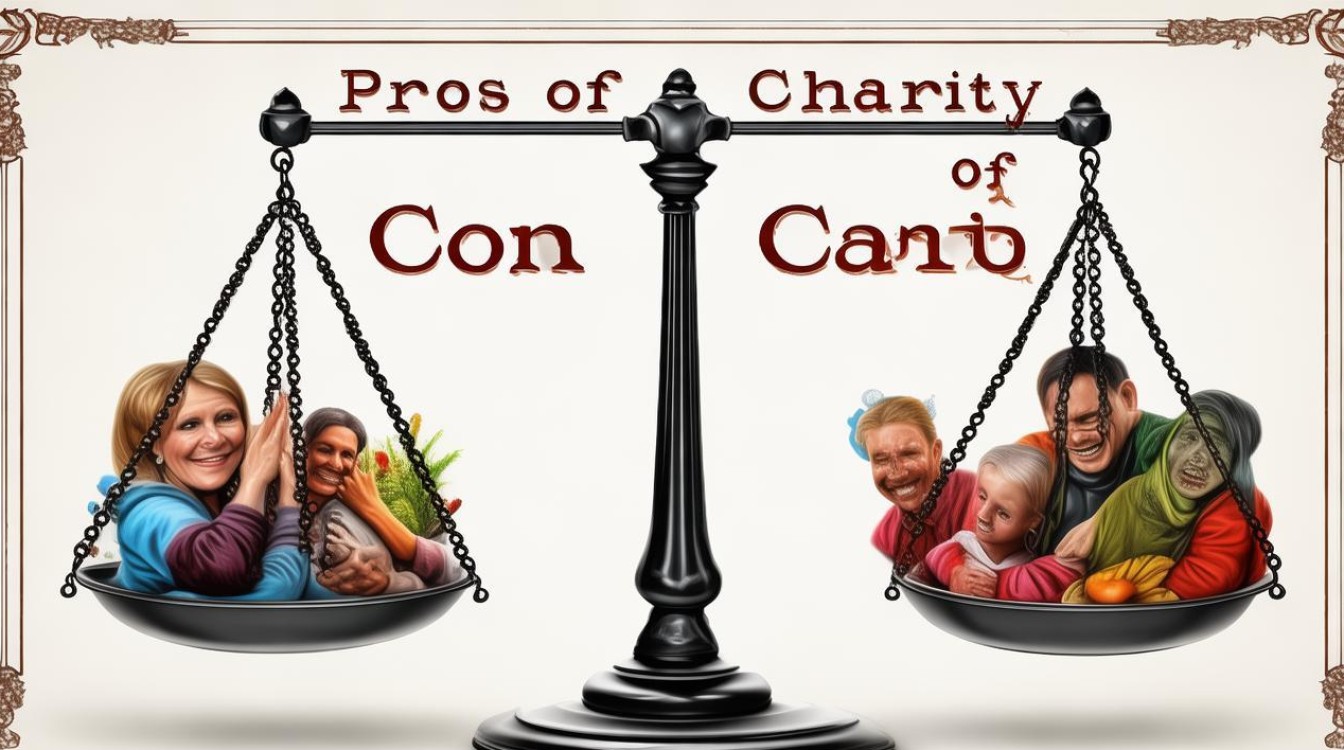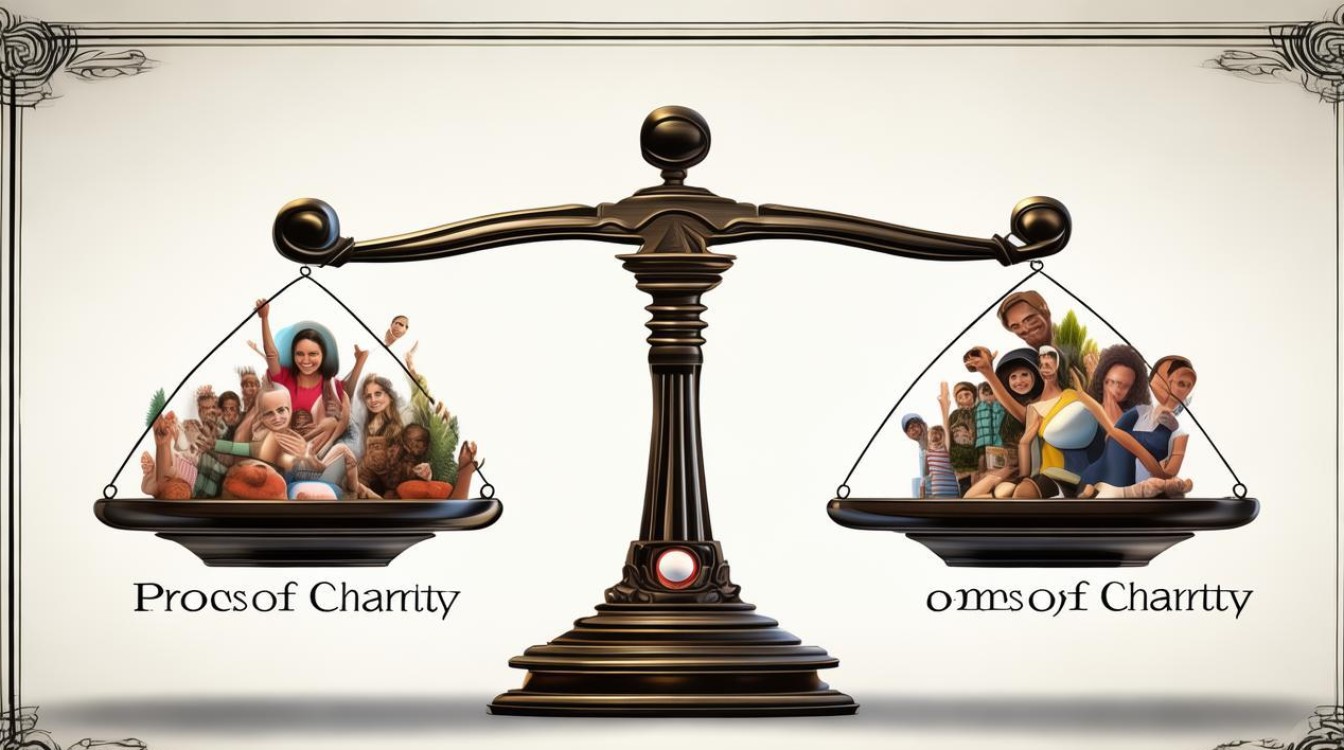Charity has long been regarded as a noble act, embodying compassion and social responsibility. However, like any human endeavor, it carries both benefits and drawbacks. Understanding these aspects helps individuals and organizations engage in philanthropy more effectively.

The Benefits of Charity
Alleviating Poverty and Suffering
One of the most immediate advantages of charity is its ability to provide relief to those in need. Food banks, medical aid programs, and disaster relief efforts save lives and improve living conditions. Organizations like the Red Cross and UNICEF demonstrate how targeted donations can make a tangible difference in crisis situations.
Promoting Social Cohesion
Charitable acts foster a sense of community. When people contribute to a cause, they strengthen bonds with others who share similar values. Volunteer-driven initiatives, such as neighborhood clean-ups or mentorship programs, create networks of support that benefit society as a whole.
Encouraging Personal Growth
Giving cultivates empathy and gratitude. Studies suggest that individuals who donate time or money often experience increased happiness and life satisfaction. This psychological benefit reinforces positive behavior, making charity a mutually rewarding experience.

Driving Economic Stability
Nonprofits and philanthropic foundations play a crucial role in economic development. By funding education, healthcare, and small businesses, charities help break cycles of poverty. Microloan programs, for example, empower entrepreneurs in developing nations, stimulating local economies.
The Drawbacks of Charity
Dependency and Reduced Self-Sufficiency
While charity provides short-term relief, excessive reliance on aid can discourage self-reliance. Communities receiving constant donations may struggle to develop sustainable solutions. Critics argue that some humanitarian efforts inadvertently perpetuate dependency rather than fostering long-term independence.
Mismanagement and Corruption
Not all charitable organizations operate transparently. Cases of fund misallocation or fraud undermine trust in philanthropy. High administrative costs in some nonprofits mean only a fraction of donations reaches intended beneficiaries. Donors must research organizations thoroughly to ensure contributions are used effectively.

Unintended Negative Consequences
Well-meaning initiatives sometimes have adverse effects. Sending free clothing to developing nations, for instance, can harm local textile industries. Similarly, food aid may disrupt agricultural markets. Philanthropists must consider long-term impacts to avoid unintended harm.
Emotional and Psychological Strain
For donors, the pressure to give can lead to guilt or burnout. Social expectations may push individuals to contribute beyond their means. Additionally, constant exposure to distressing causes can cause compassion fatigue, reducing the willingness to engage in future charitable acts.
Balancing Charity with Sustainable Solutions
To maximize benefits while minimizing drawbacks, a strategic approach is essential. Effective philanthropy focuses on empowerment rather than temporary relief. Supporting education, vocational training, and infrastructure projects creates lasting change. Donors should prioritize organizations with proven track records and transparent operations.

Charity remains a powerful force for good, but its impact depends on thoughtful execution. By addressing systemic issues and promoting self-sufficiency, individuals and organizations can ensure their contributions lead to meaningful, sustainable progress.
Philanthropy should not be about temporary fixes but about creating opportunities for long-term growth. When done wisely, charity transforms lives without fostering dependency or unintended harm. The key lies in balancing immediate aid with forward-thinking solutions.

